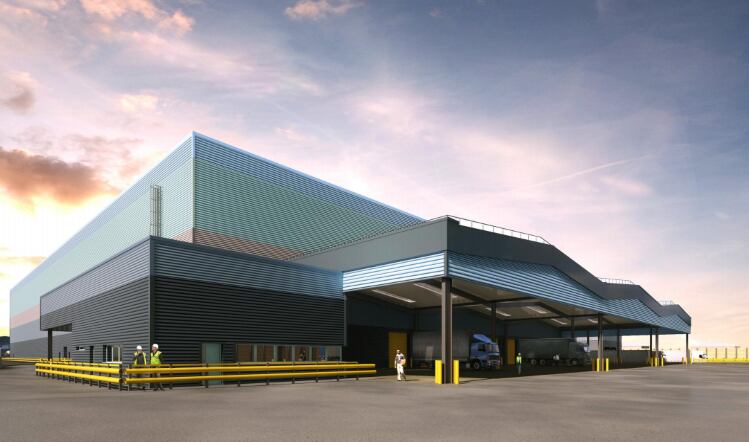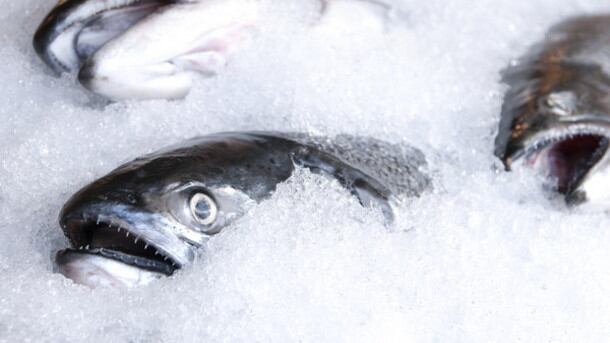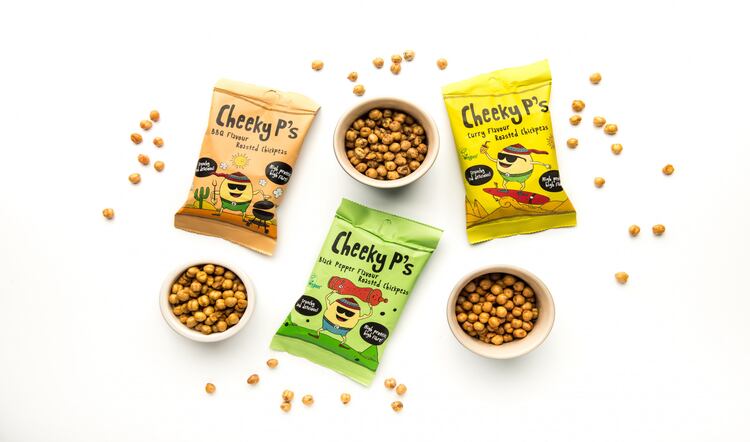The installation of a hydrostat tower – using one of the UK’s largest mobile cranes – further advanced a two-year project at the plant, after the opening of a new pea factory in June 2019.
Work on site will also include the development of a new raw material warehouse and handling facility, an ingredients processing kitchen and a flexible production line for canned ready meals.
‘Largest capital investment’
Commenting on the latest wave of works at the site, factory general manager Rob James said: “It’s only fitting that a crane of this magnitude has been required to fulfil this important job at Long Sutton in the largest capital investment we have ever made in the UK.
“It’s been a thrill for everyone at the site to see it coming together, and we’re looking forward to reaching more milestones in this important project over the coming months.”
Princes’ core investment project at Long Sutton is worth over £63m and is set to continue over a two-year period, during which the factory will remain fully operational. An extra £17m will be spent on a replacement hydrostat cooker, a soft water plant and the implementation of a new IT system.
Biggest employer in the area
The site produces a range of canned products including peas, pulses, baked beans, fruit, pasta and canned ready meals and is one of the largest employers in the area.
Phase two of the Long Sutton investment followed the launch of a lightweight squash bottling line at its Bradford factory in Toftshaw, part of a £17m project at the site.
The new line would allow the manufacturer to further reduce the weight of its bottles, removing approximately 300 tonnes of plastic from its supply chain every year.
Meanwhile, last month, Lancashire Farm Dairies invested £1m in robotics and advanced technology in a move aimed at boosting capacity just as producers are warning of a dairy industry crisis, a move that would automate the production process from start to finish.





